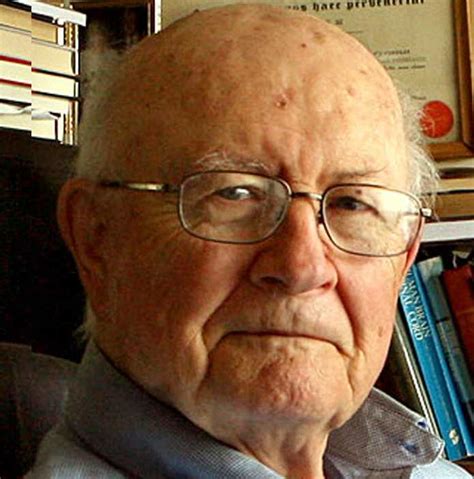A Quote by Brenda Shoshanna
We turn pain into suffering by adding on all kinds of beliefs, interpretations and judgments to it.
Related Quotes
People have judged you; you have accepted their idea without any scrutiny. And you are suffering from all kinds of people's judgments, and you are throwing those judgments on other people. And this game has become out of proportion. The whole humanity is suffering from it. If you want to get out of it, the first thing is: Don't judge yourself.
Pain in life is inevitable but suffering is not. Pain is what the world does to you, suffering is what you do to yourself [by the way you think about the 'pain' you receive]. Pain is inevitable, suffering is optional. [You can always be grateful that the pain is not worse in quality, quantity, frequency, duration, etc]
Pain is not the same as suffering. Left to itself, the body discharges pain spontaneously, letting go of it the moment that the underlying cause is healed. Suffering is pain that we hold on to. It comes from the mind’s mysterious instinct to believe that pain is good, or that it cannot be escaped, or that the person deserves it.
The therapist does not treat patients by simply giving them another set of beliefs. He or she tries to help them see which kinds of ideas and beliefs have led to their suffering. Many patients want to get rid of their painful feelings, but they do not want to get rid of their beliefs, the viewpoints that are the very roots of their feelings.
Compassion allows us to use our own pain and the pain of others as a vehicle for connection. This is a delicate and profound path. We may be adverse to seeing our own suffering because it tends to ignite a blaze of self-blame and regret. And we may be adverse to seeing suffering in others because we find it unbearable or distasteful, or we find it threatening to our own happiness. All of these possible reactions to the suffering in the word make us want to turn away from life.

































